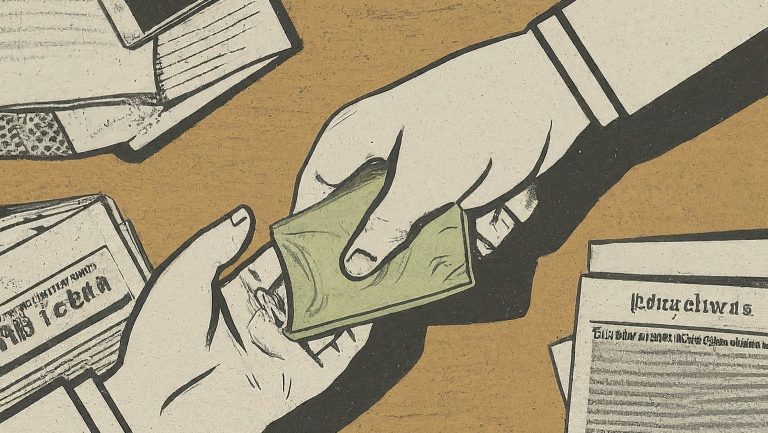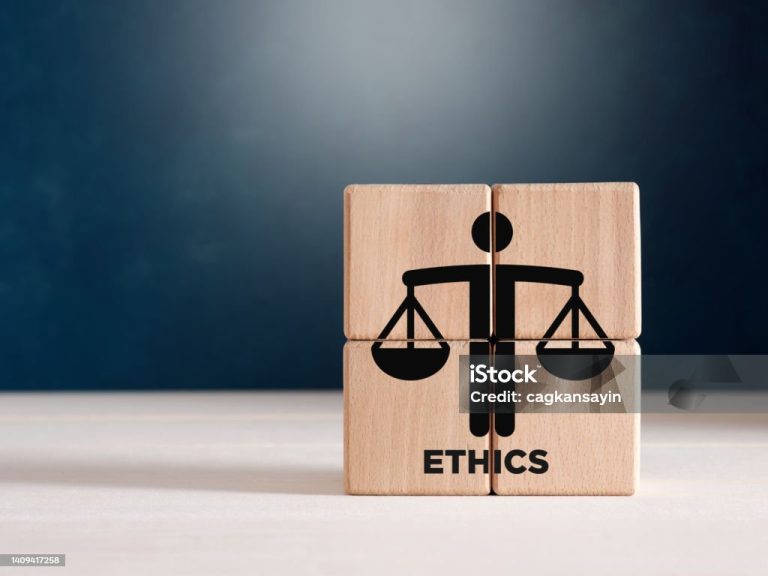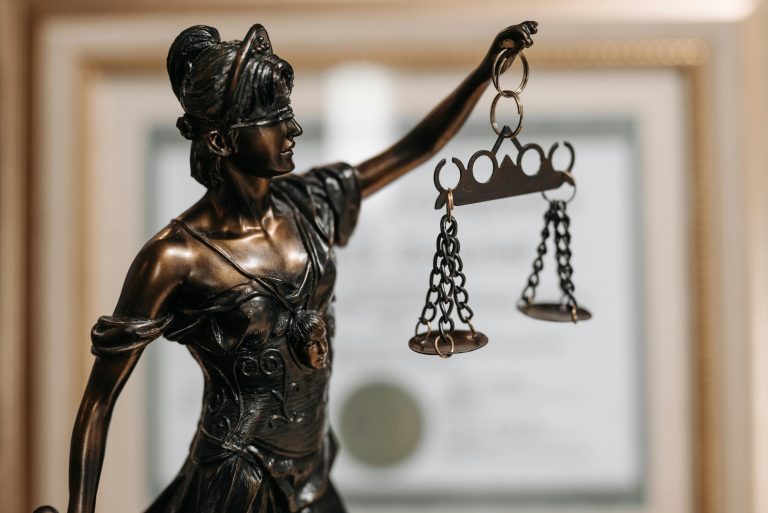Corruption remains one of the gravest challenges facing Indonesia, hindering its progress in governance, public trust, and economic development. Despite continuous efforts to combat corruption over the years, the country still struggles to effectively address the deep-rooted issues of bribery, abuse of power, and inefficiency within its institutions. As Indonesia prepares for the inauguration of President-elect Prabowo Subianto, there is renewed hope and a critical opportunity to rebuild and strengthen the country’s National Integrity System (NIS). This system, if designed and implemented effectively, can restore public trust, enhance governance, and ensure that law enforcement operates with transparency and fairness.
Indonesia’s legal framework, particularly the anti-corruption laws, requires significant reform. Key institutions like the Corruption Eradication Commission (KPK) need revitalization, as their declining performance has raised serious concerns. To move forward, Indonesia must look at successful models from other countries, such as Australia, whose integrity system offers valuable lessons in establishing an effective NIS. The future of Indonesia’s anti-corruption efforts hinges on bold, strategic reforms that prioritize transparency, institutional independence, and the promotion of ethical values across all sectors of society.
Corruption in Indonesia: A Persistent Threat
Indonesia’s history with corruption has long been entrenched in its political and administrative systems. Bribery and conspiracy often permeate every level of governance, leading to public distrust in institutions meant to serve the people. Despite several high-profile arrests and convictions of corrupt officials, the problem remains pervasive. Corruption is not just about financial losses; it erodes the social fabric of the country, disproportionately affecting the poor and undermining social justice.
As the incoming administration takes office, there is a palpable sense of urgency. A robust and well-enforced integrity system could be Indonesia’s strongest defense against corruption. This is where the leadership of President-elect Prabowo Subianto will be critically tested. His administration must focus on reforming and strengthening the very institutions responsible for upholding the law and fighting corruption. Without immediate and effective action, corruption will continue to siphon off the nation’s resources and derail development.
The Corruption Eradication Commission (KPK): A Diminished Force
In its early years, the KPK symbolized hope, courage, and independence in Indonesia’s fight against corruption. It pursued high-profile cases, arrested corrupt officials, and uncovered widespread collusion. However, recent years have seen a noticeable decline in the agency’s effectiveness. The number of cases being pursued has dropped significantly, and the thoroughness of investigations has come under scrutiny. This weakening of the KPK has raised alarms among anti-corruption activists and the broader public.
One of the key issues facing the KPK is political interference. The agency has increasingly been seen as vulnerable to influence from powerful individuals, which has undermined its ability to act independently. This interference is particularly concerning as it threatens the agency’s credibility and the broader fight against corruption. If Indonesia is to restore the KPK’s reputation, it must ensure that the selection of new leaders for the commission is transparent and free from political manipulation. The process must prioritize individuals with a proven commitment to integrity and the courage to combat corruption at all levels.
The Importance of Institutional Independence
One of the core tenets of a strong National Integrity System is the independence of institutions. In a system rife with political influence, law enforcement agencies, regulatory bodies, and the judiciary must be insulated from external pressure. This independence ensures that these institutions can operate without fear of reprisal or influence from vested interests.
In Indonesia, key institutions like the KPK, the Police Department, and the Attorney General’s Office need to be strengthened to operate independently and impartially. The new administration must prioritize reforms that shield these bodies from political interference, ensuring they can act with integrity and transparency. Additionally, the establishment of robust internal oversight mechanisms within these institutions can enhance accountability and prevent corruption from taking root within their ranks.
Australia’s National Integrity System offers a model that Indonesia can learn from. Australia’s success in fighting corruption lies in its emphasis on institutional independence, backed by a strong legal framework and active civil society engagement. By adopting similar reforms, Indonesia can build institutions that are both effective and trustworthy.
Learning from Australia: A Model for Integrity
During my participation in the Asia Pacific Integrity School and short courses in Australia, I observed firsthand how a comprehensive National Integrity System could transform public institutions. Australia’s approach to integrity revolves around three core pillars: compliance integrity, values integrity, and institutional integrity. Each of these plays a crucial role in building a society where laws are enforced fairly, ethical standards are deeply embedded, and institutions operate with accountability.
Compliance Integrity: This pillar ensures that legal frameworks are strictly enforced. It involves the effective monitoring of laws and regulations to ensure compliance by both public officials and private entities. For Indonesia, strengthening compliance integrity means enhancing the enforcement capabilities of regulatory bodies and ensuring that violators of anti-corruption laws are held accountable.
Values Integrity: Australia emphasizes the promotion of ethical values at every level of society. This is achieved through education, public campaigns, and ethics training. For Indonesia, the introduction of integrity education in schools and public institutions could play a significant role in cultivating a culture of transparency and accountability from a young age.
Institutional Integrity: Institutions must operate independently of political and private influence. This ensures they can carry out their duties without external pressures, safeguarding the integrity of governance. In Indonesia, reforms are needed to guarantee that institutions like the KPK remain autonomous and immune to political meddling.
Building Integrity from the Ground Up
Long-term success in fighting corruption in Indonesia will not be achieved solely through law enforcement. A broader societal shift is necessary—one that instills the values of honesty, accountability, and responsibility in all citizens. This change must start from the ground up, beginning with education. By teaching the importance of integrity from a young age, Indonesia can foster a generation of citizens who are committed to ethical behavior.
Public campaigns that emphasize transparency, civic responsibility, and the role of citizens in holding government accountable are crucial. Additionally, public officials must receive continuous ethics training to reinforce their role in maintaining a corruption-free society. Only through a collective commitment to integrity at all levels of society can Indonesia hope to tackle the systemic nature of corruption.
Public Participation: A Crucial Component
An often-overlooked element in building a strong integrity system is the role of public participation. Citizens, civil society organizations, and the media play a pivotal role in ensuring transparency and accountability in government. In the selection of new KPK leaders, for instance, public scrutiny and media coverage are essential to prevent political interference and ensure that the right candidates are chosen.
Indonesia’s civil society has historically been a powerful force in advocating for reform. Organizations dedicated to anti-corruption efforts must continue to be supported and empowered to play their watchdog role effectively. A free and independent press is also vital in exposing corruption and bringing public attention to issues of integrity. As citizens demand more transparency and fairness in governance, their active involvement will be key to building a sustainable National Integrity System.
The Road Ahead: Seizing the Opportunity
The transition to new leadership in Indonesia presents a rare and critical opportunity. President-elect Prabowo Subianto must act swiftly and decisively to restore public trust and ensure that the country’s National Integrity System is fortified. This will involve not only strengthening law enforcement but also addressing the broader cultural and institutional changes necessary for long-term success.
Reforming the KPK, ensuring fair and transparent leadership selections, promoting integrity education, and reinforcing the independence of key institutions are essential steps. By learning from international examples like Australia, Indonesia can chart a course toward a future where corruption no longer hinders progress.
In conclusion, Indonesia stands at a crossroads. The choices made in the coming years will determine whether the country can overcome its long-standing battle with corruption. A commitment to integrity, transparency, and reform is essential for a brighter, more just future. The path is clear, but the journey will require political will, public support, and unwavering dedication to the values that underpin a corruption-free society.
Aulia Postiera
(Anti-Corruption Activist, IM57+ Institute)






